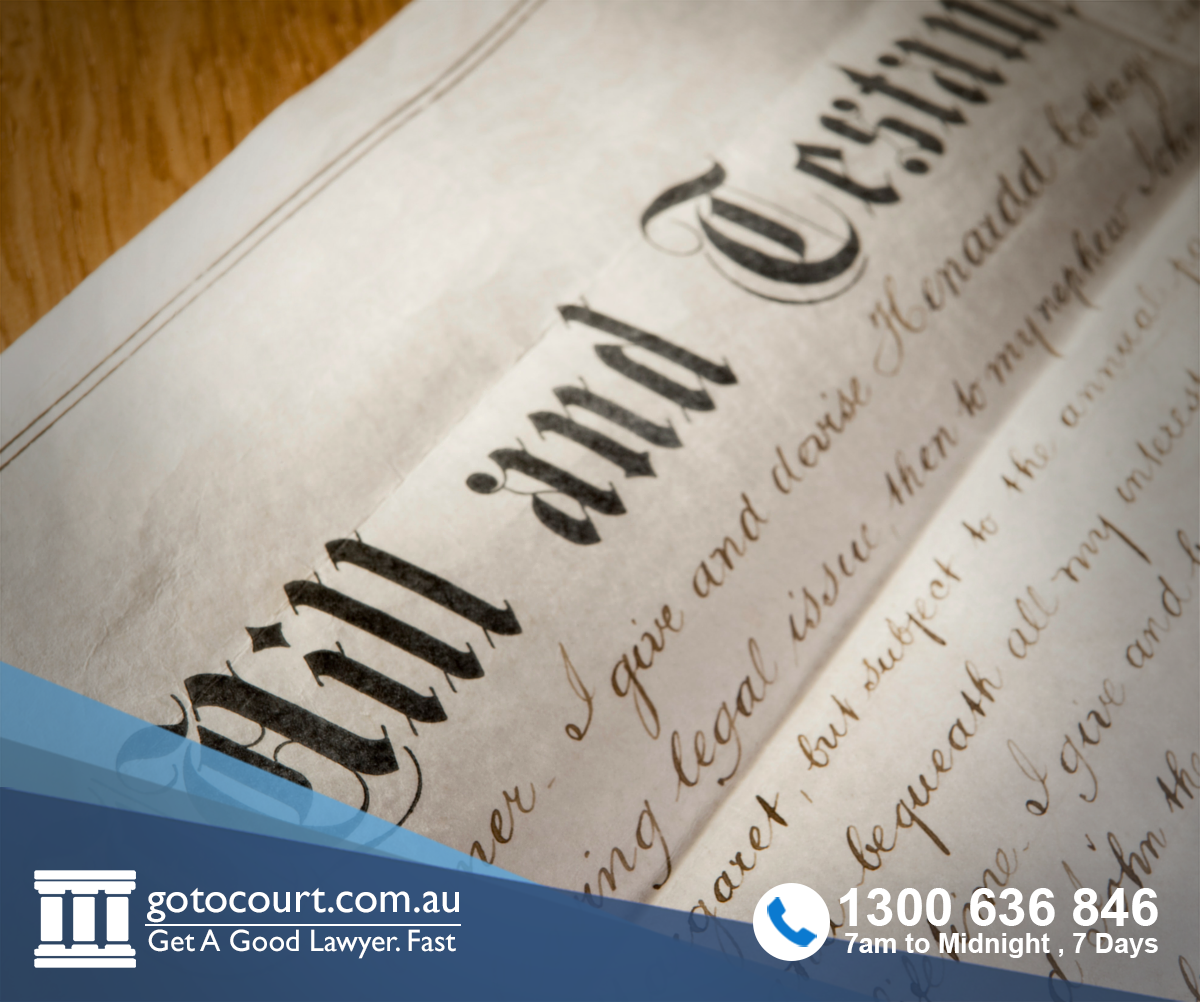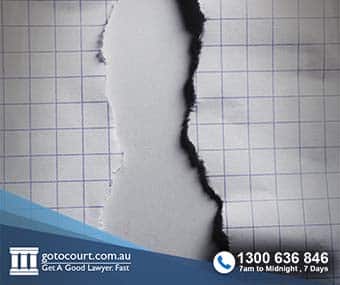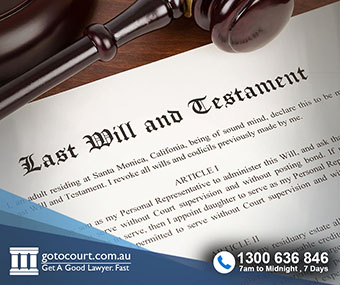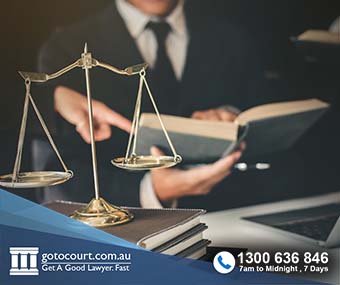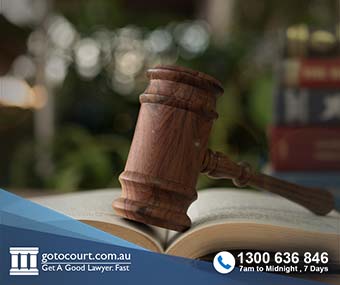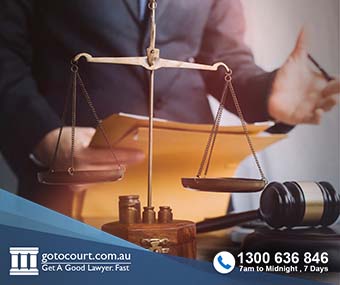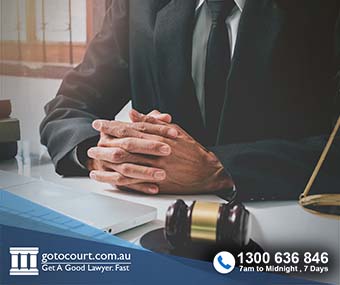Partnerships (NSW)
Partnerships (NSW)
Partnerships are business arrangements carried on by groups of persons in common and with a view to profit. A partnership works effectively like a contract between the parties. In New South Wales, the rules dealing with what kinds of partnerships can be created and how they are regulated are set out in the Partnership Act 1892. This page deals with partnerships in New South Wales.
Types of partnerships
Three different kinds of partnerships can be created in New South Wales. These are normal partnerships, limited partnerships and incorporated limited partnerships.
The best type of partnership to form depends on a range of factors, including the type of business to be conducted and the number of partners it is proposed to have. The type of partnership that exists also determines who has liability for the debts of the partnership and who can participate in the management of the business.
In New South Wales, normal partnerships are the only kind of partnership that does not need to be registered with the NSW Department of Fair Trading.
Normal Partnerships in New South Wales
Normal partnerships are the most common kind of partnership and the simplest to create. They are a suitable option for people who want to carry on business together in a simple structure (e.g. a business carried on by a married couple).
In a normal partnership, the partners are jointly liable for the debts and other obligations of the partnership. Each partner is an agent for the partnership, and can bind the partnership to certain obligations (e.g. entering into a debt). However, if a new partner is brought into the partnership, they are not liable for actions that were taken before they became a partner.
A normal partnership does not pay tax as its own legal entity. Instead, each of the partners pay tax on their share of the income of the partnership.
Normal partnerships do not need to be registered with the Department of Fair Trading. A written agreement is not required to make a normal partnership, but if you plan to carry on the partnership under a business name, then that name needs to be registered.
Whether a normal partnership exists is a question of fact that is determined by looking at factors such as whether the partners share the profits out of their business, and whether they hold property together.
Limited Partnerships in New South Wales
A limited partnership must have at least one limited partner and one general partner, either of which may be a company. A general partner is liable for all the debts of the partnership but generally takes a more active role in the partnership’s day-to-day affairs. In general, a limited partnership can have a maximum of 20 general partners.
Limited partnerships must be registered with the NSW Department of Fair Trading in order to be created. A written partnership agreement is not legally required, but it is advisable to have one.
A limited partner’s liability for the debts of a limited partnership is limited to the amount stated in the register kept by the NSW Department of Fair Trading.
Limited partners generally play a less active role in conducting the partnership. They are not permitted to take part in the management of the partnership’s business and cannot bind the rest of the partners (e.g. by taking on debt). Most but not all limited partnerships are taxed as a separate legal entity.
Incorporated limited partnerships
An incorporated limited partnership is a partnership that is set up as a company distinct from its partners. Incorporated limited partnerships are generally used in companies that require venture capital (i.e. high growth start-up companies).
These partnerships must be registered with the NSW Department of Fair Trading and can have an unlimited number of limited partners, but no more than 20 general partners.
Unlike in a limited partnership, the limited partners in an incorporated limited partnership have no liability for the debts of the partnership or for the debts of the general partners. However, in general, limited partners cannot take part in managing the business of the partnership.
As most incorporated limited partnerships are set up to raise venture capital, they may be registered under the Venture Capital Act 2002 (Cth) (which is a necessary step to access certain capital gains tax concessions). If they are registered under that Act, they may not be taxed as a separate legal entity but in the same way as normal partnerships.
Dissolving a Partnership in New South Wales
Normal partnerships and limited partnerships end upon the death or bankruptcy of a partner. They may also end after a fixed term if they were only entered into for a set period of time.
Incorporated limited partnerships do not end upon the death or bankruptcy of a partner because they are separate corporate entities. However, they can be wound up in accordance with the rules in the Partnership Act 1892.
If you require legal advice or representation in any legal matter, please contact Go To Court Lawyers.

Affordable Lawyers
Our Go To Court Lawyers will assist you in all areas of law. We specialise in providing legal advice urgently – at the time when you need it most. If you need a lawyer right now, today, we can help you – no matter where you are in Australia.How It Works




1. You speak directly to a lawyer
When you call the Go To Court Legal Hotline, you will be connected directly to a lawyer, every time.

2. Get your legal situation assessed
We determine the best way forward in your legal matter, free of charge. If you want to go ahead and book a face-to-face appointment, we will connect you with a specialist in your local area.

3. We arrange everything as needed
If you want to go ahead and book a fact-to-face appointment, we will connect you with a specialist in your local area no matter where you are and even at very short notice.






